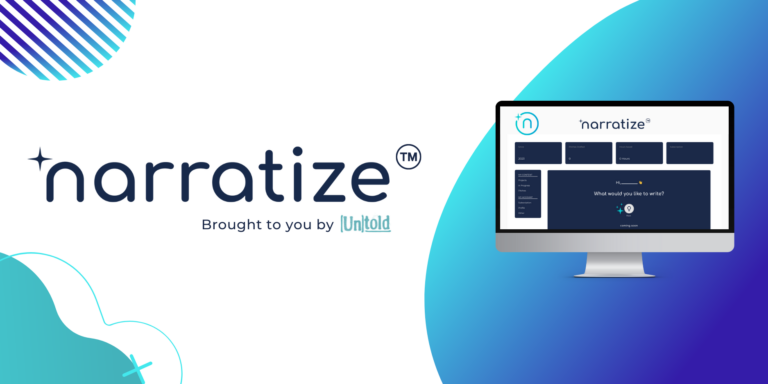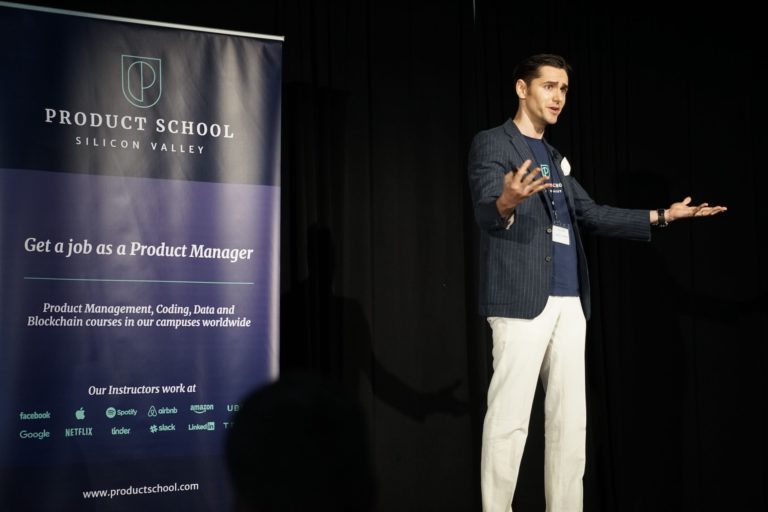Blog >> The Scientific Paper Is Not Obsolete… It’s Inaccessible
The Scientific Paper Is Not Obsolete… It’s Inaccessible
By Katie Trauth Taylor, PhD & Stephen Taylor, PhD
The latest scientific thought piece featured in this month’s Atlantic takes on the accessibility of scientific writing, making a bold proclamation: The scientific paper is obsolete. Author James Somers argues that, “Scientific results today are as often as not found with the help of computers. That’s because the ideas are complex, dynamic, hard to grab ahold of in your mind’s eye. And yet by far the most popular tool we have for communicating these results is the PDF—literally a simulation of a piece of paper. Maybe we can do better.” His thoughts are aligned with the last decade of research on multimodality and new media studies emerging from the Humanities. His savvy spin is that computational essays—or interactive data manipulation software integrated into a research article’s text—may be the hero the scientific community needs in the digital age. It’s an important piece, but we think that the importance of accessibility in scientific communication has implications beyond algorithms.
One need only look to the current political climate—the growing attacks on science (and the larger Death of Expertise)—to see that the stakes are far higher than just ensuring that the scientific community achieves better data manipulation. The ability of the public to access, understand, and trust scientific experts is a far bigger concern. For knowledge to be understood and acted upon, it must be first be accessible to the broader public. As a PhD Inorganic Chemist and a PhD Technical Writer, we’re pretty invested in scientific communication. We both study (albeit from opposite sides of the brain) the impacts of scientific discovery on society. Accessibility, for us, is not just about the limitations of the PDF. It is the ability of the public to understand and act upon scientific knowledge. Access to information is critical to the success of our democracy and the future of innovation. Yet widespread awareness and understanding of science is impeded by two key barriers: 1) the public’s literal lack of access to most research journals and 2) the struggle of scientists to translate their knowledge for non-experts.
For knowledge to be understood and acted upon, it must be accessible to the broader public.
Regarding literal access, most research professors depend upon peer-reviewed publications to earn and keep tenure. Yet publishing in traditional journals means that their insights are literally locked away from the public, who must pay astronomical fees to read full-text versions of research articles. We’re not the first ones to point out the irony that the public must struggle to access insights from research that was publicly funded in the first place. The EU, for instance, has set a goal of making all of its scientific papers free and accessible to the public by 2020. Such efforts can play a key role in equipping public audiences to make informed decisions about policies, research dollars, and regulations impacting science. Not only that, but wider access to scientific data could revolutionize innovation in the small and mid-size business sector, where the high costs of access to academic databases limits the amount of research available to industry experts. If the professors from Rowan University are correct in claiming that “small firms in emerging industries are one of the greatest engines of American economic growth,” then lack of access to the latest research is certainly stalling our nation’s progress.
More and more research is revealing that people’s perceptions of science is rooted in their particular worldviews. That’s why it’s critical for all public audiences—and especially journalists—to be able to access and understand scientific insights. As recently discussed in Proceedings of the National Academy of Sciences (PNAS), the media has a responsibility to publicize misuse or misrepresentation of science. Before we can do so, we must first have access to scientific information, as well as clear communication from scientists themselves. Communication is an additional barrier to access, not only because the knowledge that we unravel as experts is locked away in paid-access journals, but also because it’s written in a language that is far too often indecipherable to the public.
It’s time to rethink how we engage and educate the public about science. Insights from disciplines like design, rhetoric, professional writing, and technical communication can help us reimagine how to best translate scientific findings to lay audiences. Training scientists to view themselves as public intellectuals is crucial to the future of science.
At the heart of Somers’ article, we hear a hunger for accessibility—a desire to update how we deliver scientific data. So in response to Somers’ suggestion that, “Maybe we can do better,” we agree. Yes, we can and must do better—not only by rethinking the format of the scientific paper, but by making scientific data and theories more broadly accessible to public audiences both in terms of literal, full-text access to research journals and clear, non-jargon communication styles.
Scientific and technical experts can no longer hide under the assumption that nuance and expertise will be lost in public translation. Simplifying complicated information for someone outside of your area of expertise will always be more challenging than chatting it up with colleagues who share your same training. Yet contextualizing, clarifying, and clearly communicating expert insights for broad public audiences is perhaps the most critical task scientists face today. It’s Malcolm Gladwell’s wisdom in Ophthalmology that, “The best expert is the one who also belongs to the wider world.” The public’s ability to think, learn and make informed decisions about the use of public research funds and the direction of scientific inquiry all depend upon the accessibility of scientific insight.
Author Bios
Katie Trauth Taylor, PhD is CEO of Untold Content, a writing consultancy for thought leaders in science, medicine, manufacturing and tech. Stephen Taylor, PhD is a Research & Development Technical Manager at a Cincinnati-based chemical manufacturing company.
We translate the complex ideas of big brains, innovators, and subject matter experts into clear, compelling, evidence-based content that propels thought leadership and promotes public good. Check out our research writing services!




